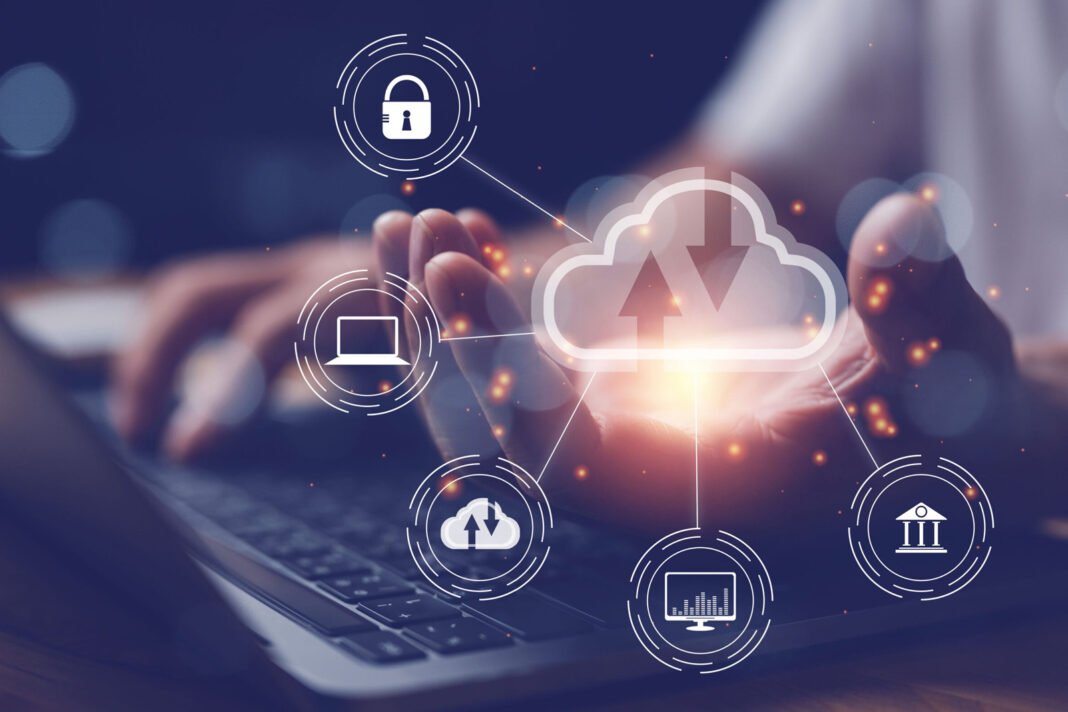In the era of Big Data, the concept of data sovereignty has become increasingly important. Data sovereignty refers to the idea that individuals and organizations have the right to own and control their own data. With the rapid growth of data generated by individuals, businesses and governments, questions have emerged about who owns and controls that data.
Traditionally, data was stored locally on physical devices such as hard drives or servers. However, with the rise of cloud computing and the widespread adoption of digital technologies, data is now often stored and processed in remote locations, sometimes even in different countries. This raises concerns about data security, privacy, and the ability to access and control your data.
Data sovereignty is particularly relevant in the context of international data transfers. Many countries have enacted data protection laws that restrict the transfer of personal data to other countries that do not provide an adequate level of protection. This has led to a debate about the balance between data protection and the free flow of information across borders.
Furthermore, data sovereignty is closely related to privacy and surveillance issues. In an era where governments and corporations have unprecedented access to personal data, individuals and organizations are concerned about the potential misuse of their data. Data sovereignty empowers individuals and organizations to assert their rights and demand transparency and accountability from those who collect and process their data.
As the volume and complexity of data continues to grow, the concept of data sovereignty will become even more important. It is vital for individuals, businesses and governments to understand and assert their rights to own and control their data. This requires a comprehensive legal and regulatory framework that balances the need for data protection with the benefits of data-driven innovation.
Finally, data sovereignty is a concept that redefines ownership and control in the era of Big Data. It empowers individuals and organizations to assert their rights and demand transparency and accountability. As we navigate the complexities of the digital age, it is imperative that we prioritize data sovereignty to ensure a fair and secure data ecosystem.




